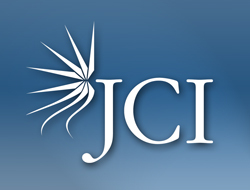“Schizophrenia-related psychosis is associated with disturbances in mesolimbic dopamine (DA) transmission, characterized by hyperdopaminergic activity in the mesolimbic pathway. Currently, the only clinically effective treatment for schizophrenia involves the use of antipsychotic medications that block DA receptor transmission. However, these medications produce serious side effects leading to poor compliance and treatment outcomes.
Emerging evidence points to the involvement of a specific phytochemical component of marijuana called cannabidiol (CBD), which possesses promising therapeutic properties for the treatment of schizophrenia-related psychoses.
Our findings demonstrate a novel mechanism for the putative antipsychotic-like properties of CBD in the mesolimbic circuitry. We identify the molecular signaling pathways through which CBD may functionally reduce schizophrenia-like neuropsychopathology.
SIGNIFICANCE STATEMENT:
The cannabis-derived phytochemical, cannabidiol (CBD), has been shown to have pharmacotherapeutic efficacy for the treatment of schizophrenia.
However, the mechanisms by which CBD may produce antipsychotic effects are entirely unknown. Using preclinical behavioral procedures combined with molecular analyses and in vivo neuronal electrophysiology, our findings identify a functional role for the nucleus accumbens as a critical brain region whereby CBD can produce effects similar to antipsychotic medications by triggering molecular signaling pathways associated with the effects of classic antipsychotic medications.
Specifically, we report that CBD can attenuate both behavioral and dopaminergic neuronal correlates of mesolimbic dopaminergic sensitization, via a direct interaction with mTOR/p70S6 kinase signaling within the mesolimbic pathway.”




